What to know before installing Solar Panels.
Most homeowners spend a considerable amount of money on electricity each year. Homeowners spend an average of more than Rs.70,000 – Rs. 80,000 a year on electricity.
Installing solar panels for your home can significantly reduce or eliminate the amount of electricity you pay each month for years to come.
You should consider 6 things before installing solar panels on your roof.
Adding solar panels to your roof will save you a lot of money and last as long as the panels themselves. However, there are some things you should consider before deciding to install solar panels. Before making an installation appointment, here are a few things you should know.
Repair Your Roof
1. Do you need to repair your roof?
You should ask yourself, how old is my roof before even considering installing solar panels? You shouldn’t install solar panels on your roof if you know that you need to replace it soon or if part of it is damaged. Repair any damage to your roof before installing solar panels. Using this method, you will not have to pay extra for the project dismantled and reassembled (in some cases for at least 20 years).
Moreover, it would be best to compare the warranty on your roof with the warranty on your solar panels. The maintenance cost increases when solar panels last for 20 years, but the roof only lasts for 10 to 15 years. Match the length of the projects, so you don’t have to invest as much time, energy, and money in each one.
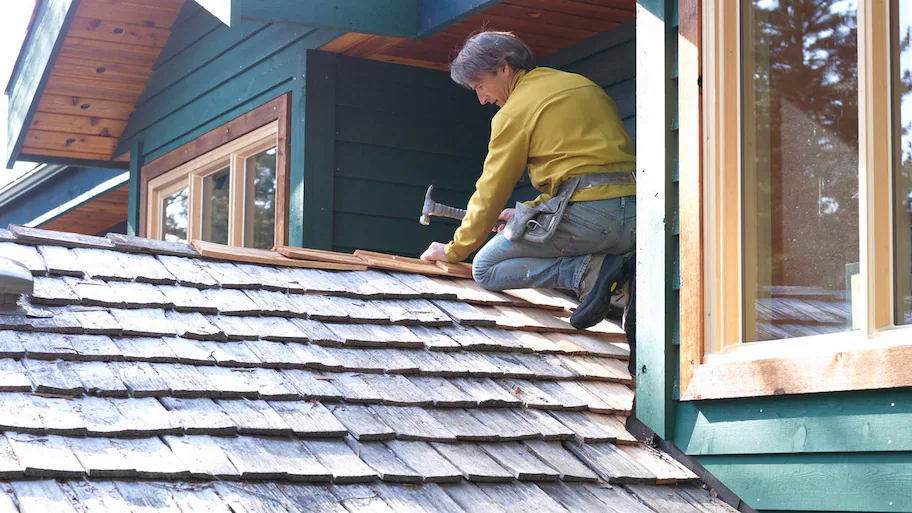
1. Do you need to repair your roof?
You should ask yourself, how old is my roof before even considering installing solar panels? You shouldn’t install solar panels on your roof if you know that you need to replace it soon or if part of it is damaged. Repair any damage to your roof before installing solar panels. Using this method, you will not have to pay extra for the project dismantled and reassembled (in some cases for at least 20 years).
Moreover, it would be best to compare the warranty on your roof with the warranty on your solar panels. The maintenance cost increases when solar panels last for 20 years, but the roof only lasts for 10 to 15 years. Match the length of the projects, so you don’t have to invest as much time, energy, and money in each one.

Appearance of roof
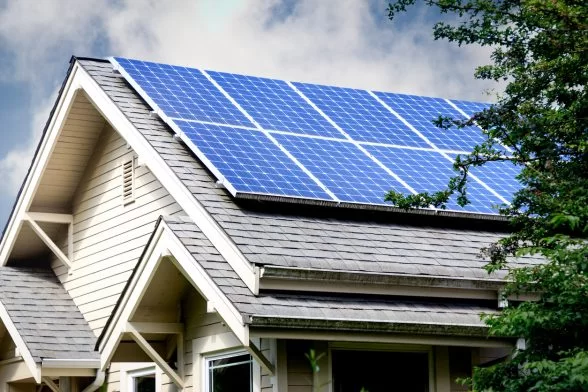
2. How does your roof look?
There are a lot of different types and sizes of roofs. Make sure the solar panels will fit on your roof before installing. You will probably not get the return on your investment if there isn’t enough room.
2. How does your roof look?
There are a lot of different types and sizes of roofs. Make sure the solar panels will fit on your roof before installing. You will probably not get the return on your investment if there isn’t enough room.

Solar Panel Placement
3. In what direction does your roof slope?
Optimal power generation from solar panels requires specific placement. Professionals generally suggest that the panels face south, while others suggest facing west. You must determine this information before you begin the installation.
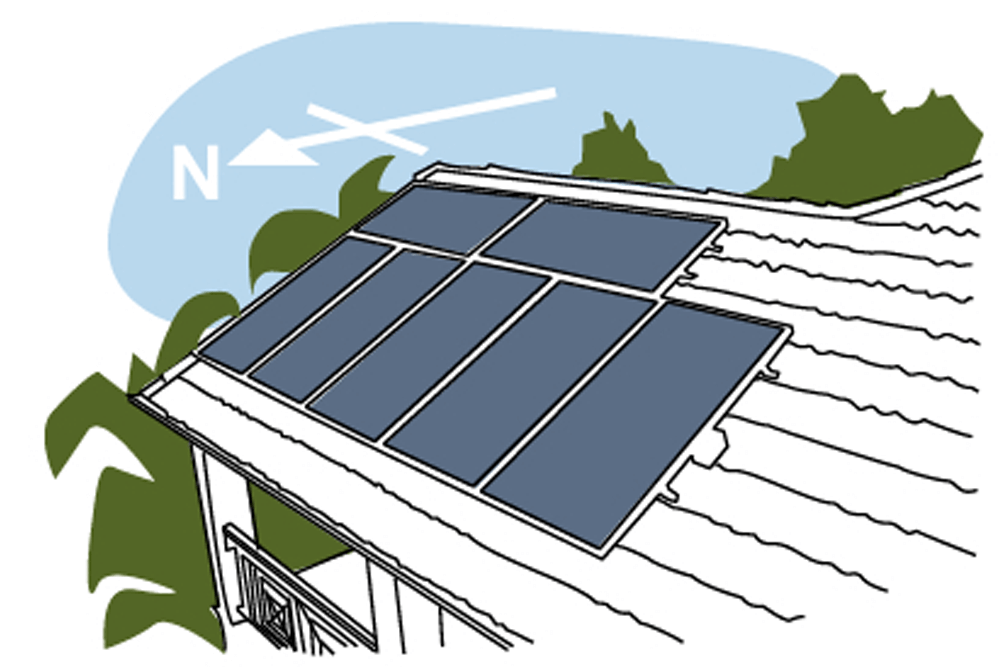
3. In what direction does your roof slope?
Optimal power generation from solar panels requires specific placement. Professionals generally suggest that the panels face south, while others suggest facing west. You must determine this information before you begin the installation.

environmental effects on solar panels
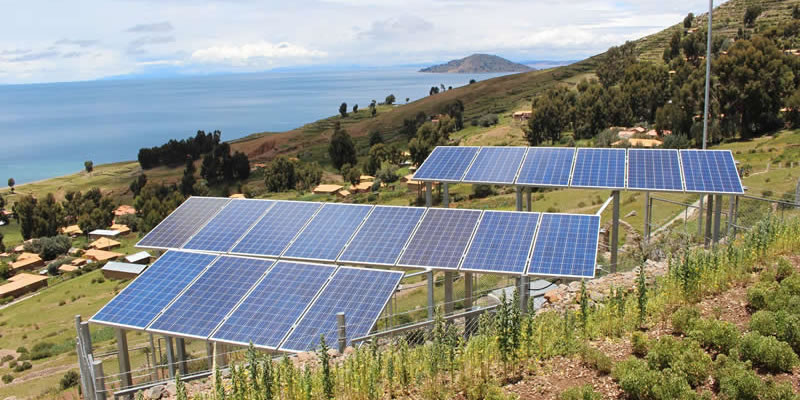
4. Is there anything else nature surprises us with?
Managing severe weather, such as lightning storms, hurricanes, hail, and more is part of maintaining your solar energy system. During these events, some solar power equipment can be damaged. In some cases, these events are covered by insurance, but it is something to consider, especially if you live in an area where this type of weather happens frequently.
4. Is there anything else nature surprises us with?
Managing severe weather, such as lightning storms, hurricanes, hail, and more is part of maintaining your solar energy system. During these events, some solar power equipment can be damaged. In some cases, these events are covered by insurance, but it is something to consider, especially if you live in an area where this type of weather happens frequently.

Rain water disposed
5. How will the water be disposed of?
Rainwater runs off the roof, into gutters, and away from your home. During the installation of solar panels, equipment like wire harnesses and racking can hinder water drainage. In some cases, the water can be moved in a different direction by solar equipment, causing leaks and other problems. To fix these problems, the solar panels will need to be removed.
Ensure you inform your contractor of all these concerns to avoid any of these problems. Your contractor will be able to provide you with a plan that proves the installation won’t affect water runoff in any way.
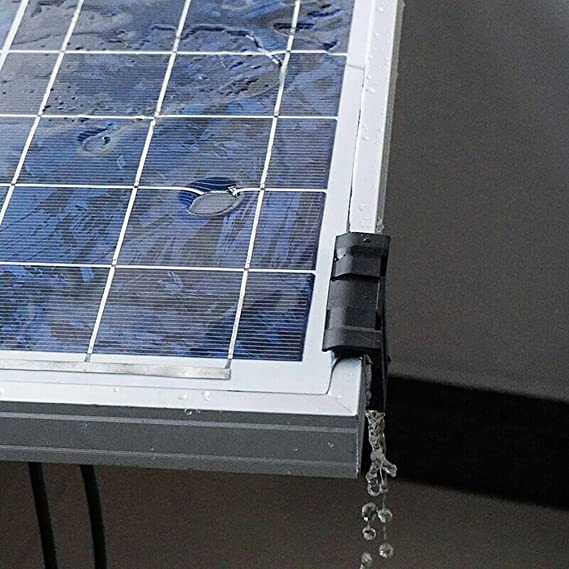
5. How will the water be disposed of?
Rainwater runs off the roof, into gutters, and away from your home. During the installation of solar panels, equipment like wire harnesses and racking can hinder water drainage. In some cases, the water can be moved in a different direction by solar equipment, causing leaks and other problems. To fix these problems, the solar panels will need to be removed.
Ensure you inform your contractor of all these concerns to avoid any of these problems. Your contractor will be able to provide you with a plan that proves the installation won’t affect water runoff in any way.

Weight carrying capacity of roof
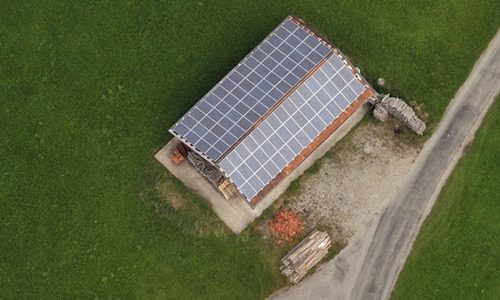
6. What is the maximum weight your roof can support?
Your roof will become heavier if you install solar panels. If your roof cannot handle the weight of these solar panels, then it may collapse. In addition to being dangerous, this can also be expensive. If you want to avoid either of these scenarios, you should consult a professional to determine if additional support is required for the roof installation.
6. What is the maximum weight your roof can support?
Your roof will become heavier if you install solar panels. If your roof cannot handle the weight of these solar panels, then it may collapse. In addition to being dangerous, this can also be expensive. If you want to avoid either of these scenarios, you should consult a professional to determine if additional support is required for the roof installation.

Conclusion
One of the best investments you can make is to install a solar rooftop on your home. As a result, you will save money, lessen your carbon footprint, and increase the value of your home.
It’s time to add solar panels to your home so that you can help the Earth while putting more money back into your pocket.
Get in touch
We are here to answer any question you may have. Feel free to reach via contact form.

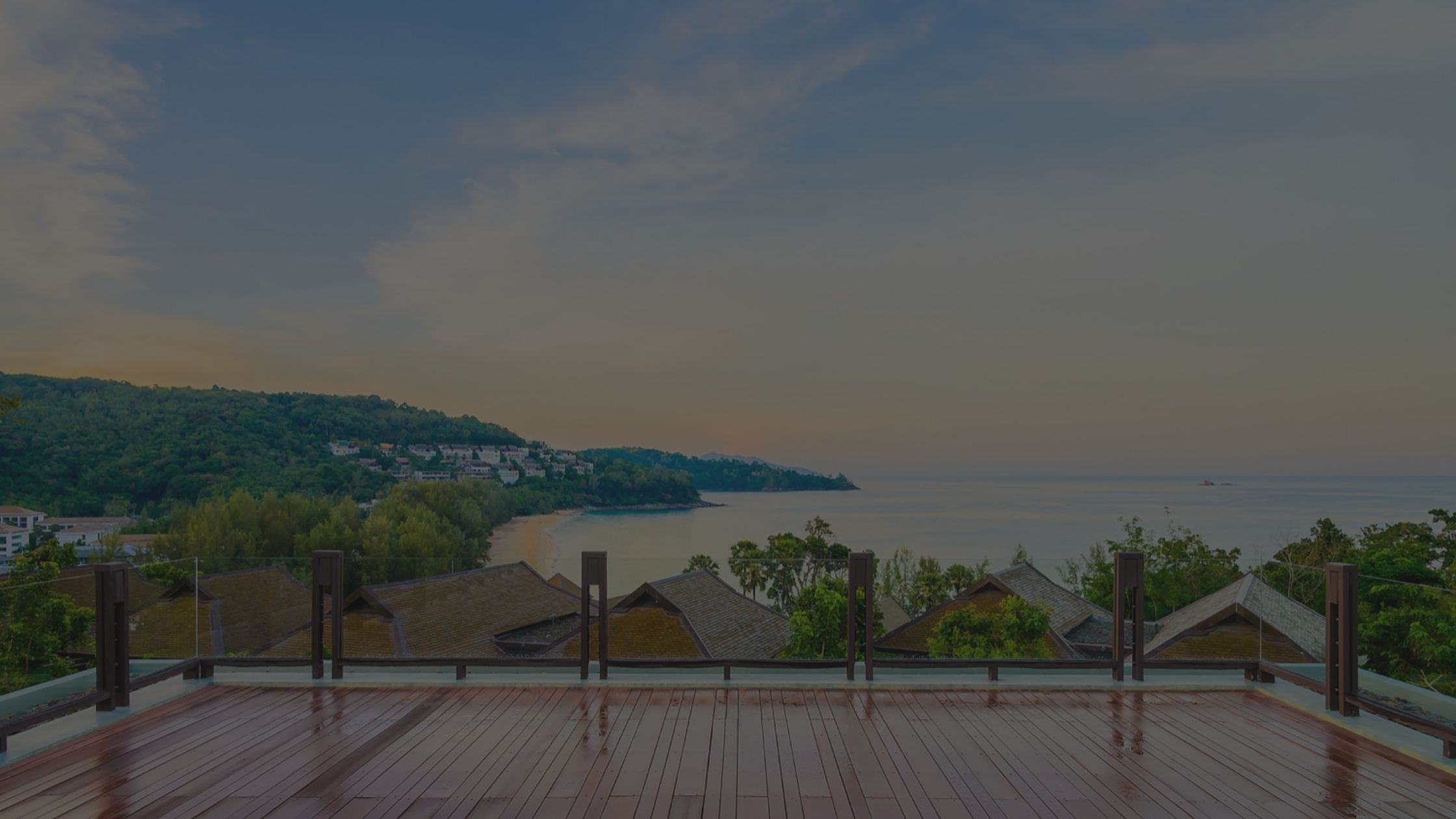
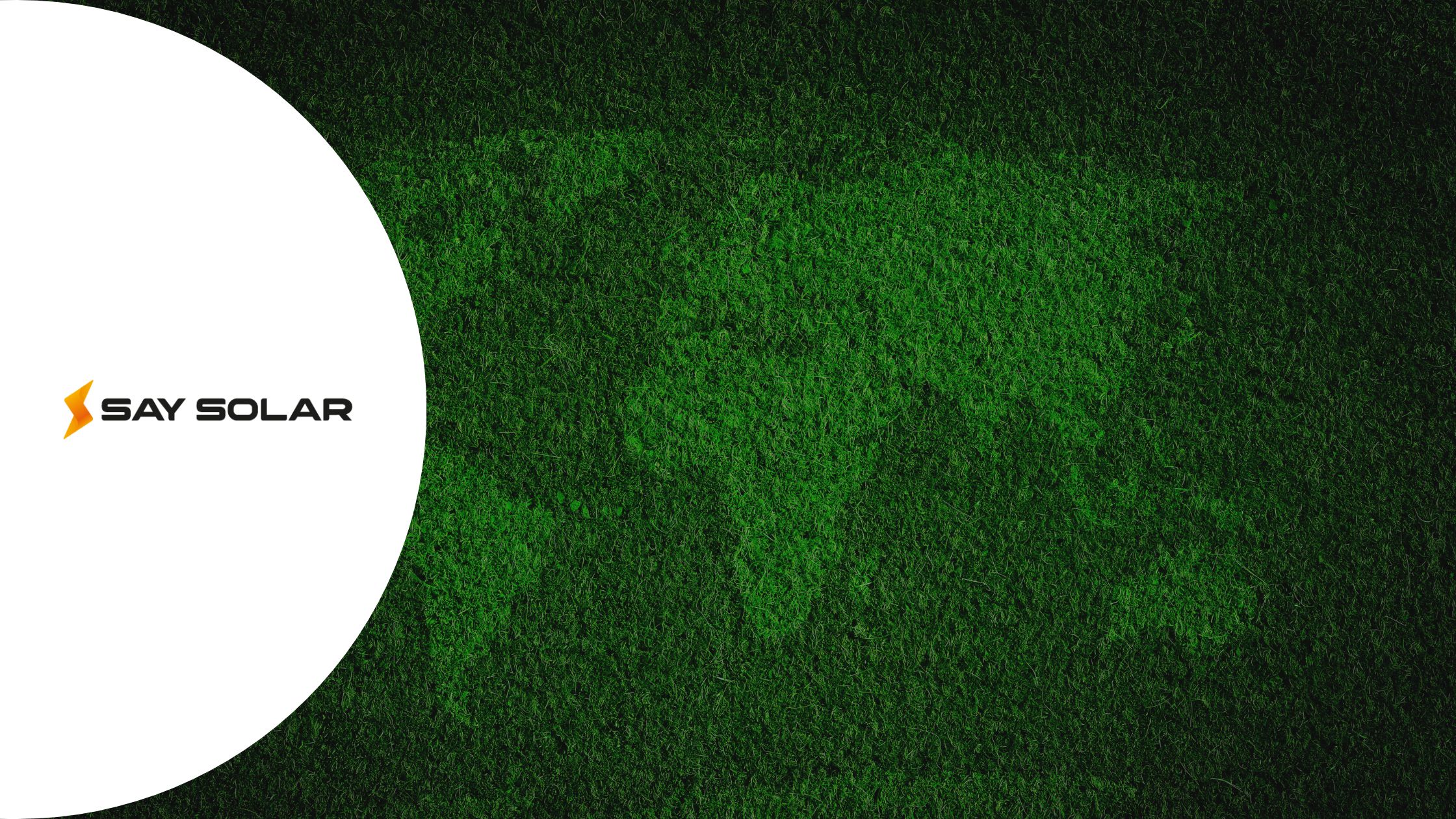
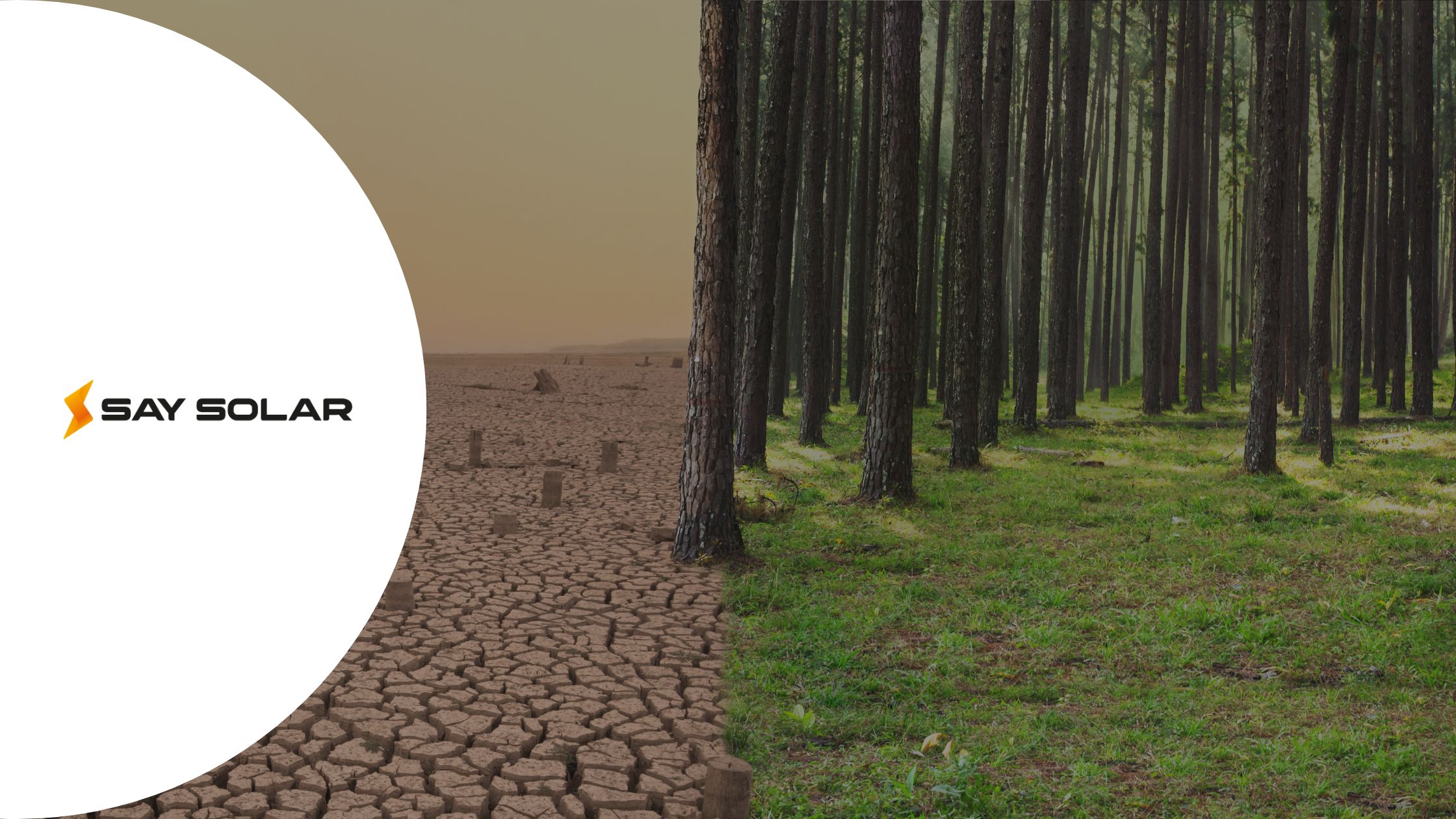
Permalink
Permalink